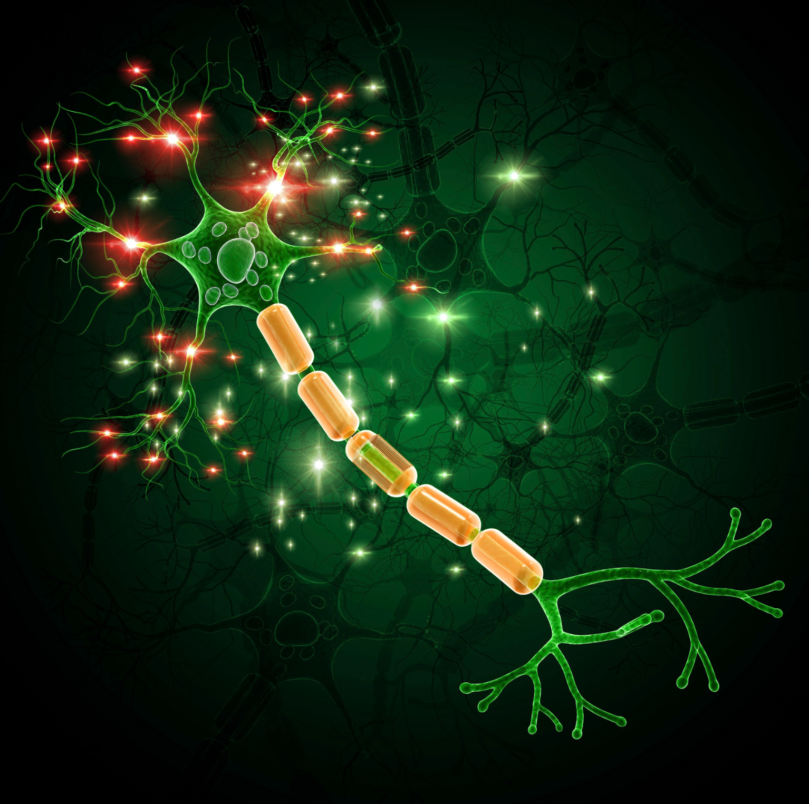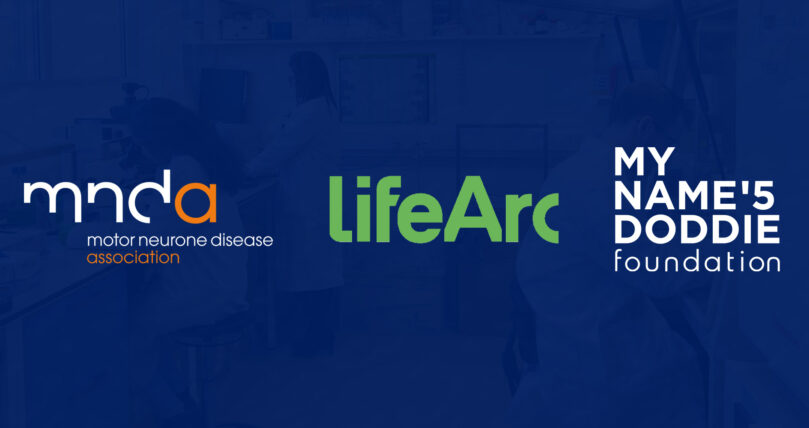
Growing brain cells in 3D to study MND
Reading Time: 5 minutes My current work focuses on looking at the cell types that are affected in MND and how they impact each other. Motor neurons, the main cell type affected in MND, connect our brains and muscles. This connection is what allows us to move. In MND, these cells start to die, which is what leads to progressive paralysis. But motor neurons aren’t the only cell types affected by MND. They are surrounded by many more cells called glia, which have roles in keeping our motor neurons healthy.



